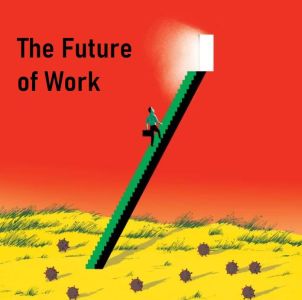Join getAbstract to access the summary!

Join getAbstract to access the summary!
Callum Williams
The Future of Work
The Economist, 2021
What's inside?
By accelerating existing positive trends and highlighting areas needing attention, the COVID-19 pandemic could leave a positive legacy for labor markets.
Recommendation
Predictions of Armageddon in the labor market as a result of the COVID-19 pandemic have proved overblown. Although essential workers have suffered grievously, workers across the world’s wealthy countries haven’t experienced the degree of job losses that many pundits foresaw. In this special report from The Economist, Callum Williams places the pandemic in the context of existing trends in work, policy and automation, arguing that the pandemic’s lasting effects will tend to benefit labor markets and many workers. Williams is The Economist’s senior economics writer.
Summary
About the Author
Callum Williams is senior economics writer at The Economist.

















Comment on this summary